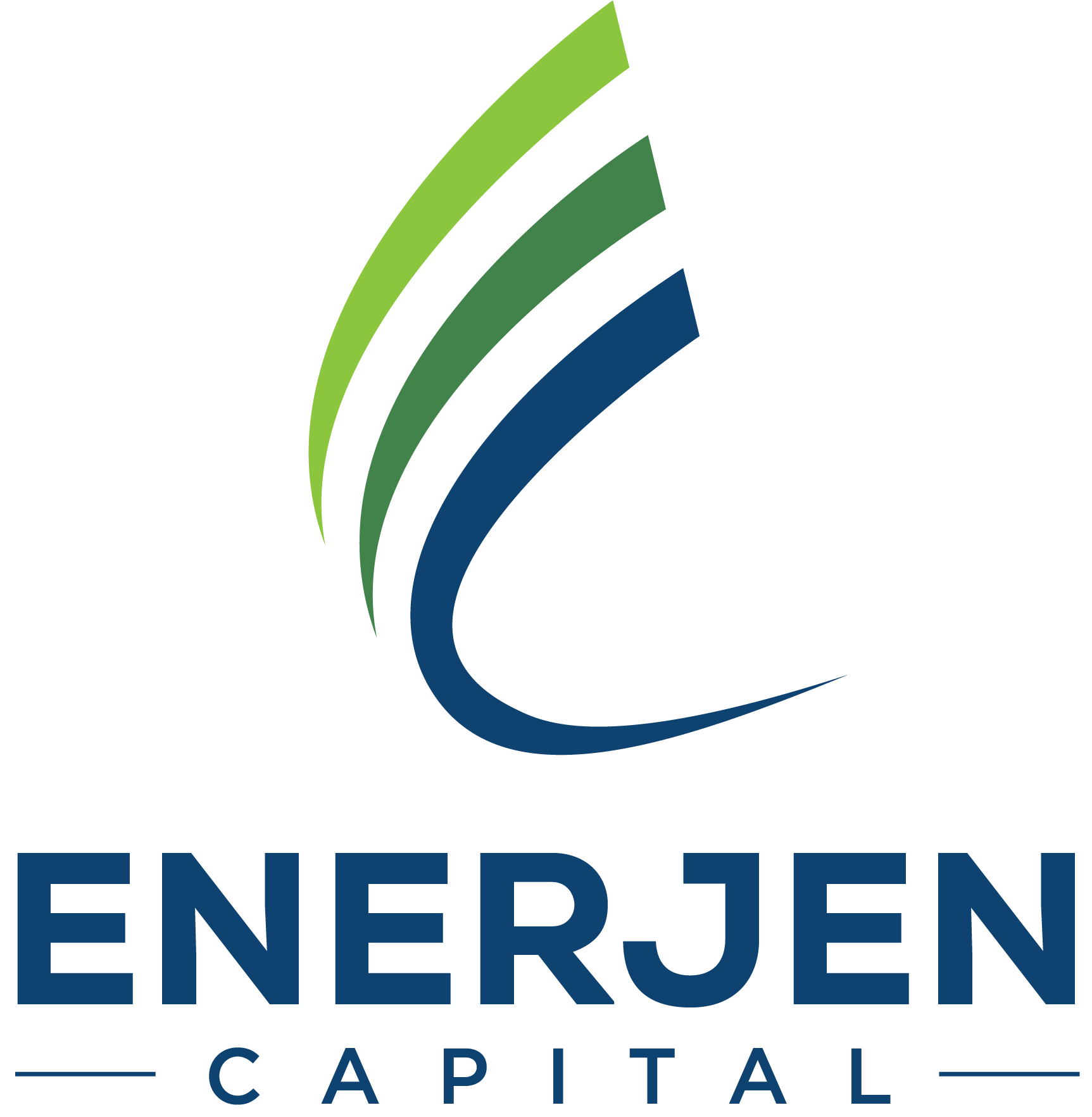Enerjen targets $1bn fundraising for marine fuel costs investment vehicle
News // 01.08.19
Financial Times / Writtien By NEIL HUME AND DAVID SHEPPARD
Some of the biggest names in shipping and oil trading are looking to raise $1bn for a vehicle aimed at profiting from a clampdown on highly polluting marine fuels, pitching the investment vehicle as an insurance policy for shipowners or airlines against a spike in fuel costs.
London-based Enerjen Capital, which is run by Stephen Schueler, a former top executive at shipping giant Maersk, and advised by renowned oil trader Andy Hall, plans to use the money to create a bespoke “hedging basket” designed to profit from a price spike many fear could be triggered by new International Maritime Organisation rules.
IMO 2020, as the regulations are known, comes into effect at the end of this year and is one of the biggest changes to hit the oil industry over the past decade with the aim of cutting emissions by forcing the majority of the global shipping fleet to switch to cleaner-burning diesel or fit emissions-cleaning systems called scrubbers.
For decades, most ocean-going vessels have used higher sulphur bunker fuel, which is cheaper and widely available but blamed for rising air pollution.
The Enerjen vehicle aims to profit from fears that the new rules, while welcomed by environmentalists, will cause a spike in demand for diesel and send prices soaring.
Maersk, the world’s biggest shipping company, has warned the sulphur cap could see its fuel bill rise by $2bn a year.
Enerjen, which was founded last year by Mr Schueler and Jake Greenberg, an ex-natural resources banker at Bank of America Merrill Lynch, said the fund can be used by smaller shippers, their owners and airlines to hedge against a rise in fuel costs without having to buy over-the-counter derivatives from banks and post collateral. “We will manage all the risk,” said Mr Greenberg.
While efforts to curb pollution usually focus on coal-fired power stations and cars, the shipping industry is one of the biggest contributors to global emissions.
The 15 biggest ships emit more sulphur dioxide and nitrogen oxide than all of the world’s cars combined, according to Goldman Sachs. Mr Hall, who has a stake in the company and sits on its advisory board, introduced Enerjen to Gus Majed, a former senior executive at Vitol, the world’s biggest independent oil trader.
Mr Majed, who will be Enerjen’s chief investment officer, helped establish derivatives trading at Vitol in the early 2000s alongside Russell Hardy, who became chief executive of the trading house last year.
Unlike other commodity funds, the Enerjen IMO vehicle plans to have a limited lifespan, covering the period that the rules are implemented.
It aims to have its hedges in place by the end of the third quarter when it says shipping companies will need to buy marine diesel for their fleets in order to be compliant on January 1 2020.
Unless they hit a performance trigger, the hedges will remain in place through 2020 and be liquidated in the first quarter of 2021, when the principal and profits will be returned to investors. Enerjen will charge a fee to cover operational expenses and take a share of profits.
As a result of IMO 2020, Enerjen estimates 3.7m barrels a day of high sulphur fuel oil demand will disappear while increased consumption by shippers could see a 1m to 1.5m b/d deficit materialise in the diesel market until new refining capacity comes on line in 2021.

